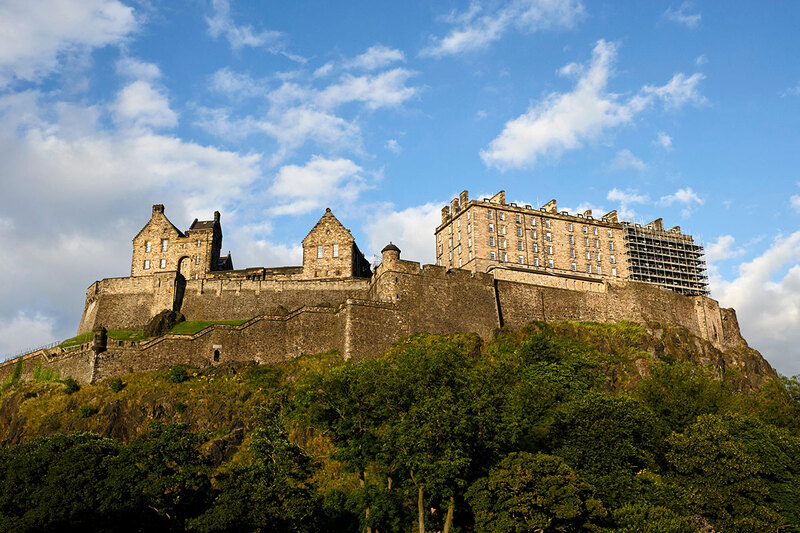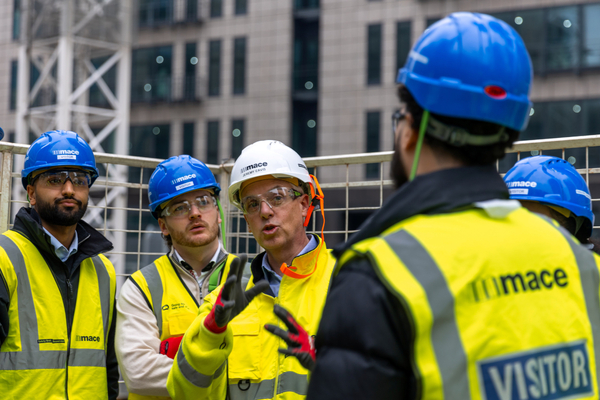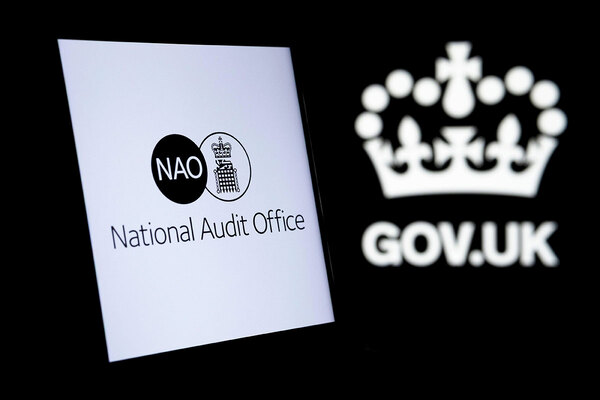Edinburgh heat networks could create £2.1bn in environmental and social benefits
Deploying low-carbon heat networks and energy-efficiency upgrades across Edinburgh, Midlothian and East Lothian could create up to £2.1bn in environmental and social benefits over the next 25 years, according to the Edinburgh Climate Change Institute (ECCI).
Its new study, commissioned by Swedish energy company Vattenfall, applied the UK government’s Green Book methodology to evaluate the carbon mitigation and benefits of decarbonising heating.
It assessed the potential impact of connecting homes in Local Heat and Energy Efficiency Strategies zones to heat networks with energy-efficiency upgrades, including insulation and double-glazing.
The report covered 30 local heat zones and assumed households would be upgraded to an Energy Performance Certificate rating of Band B and C, and connected to heat networks powered by low-carbon sources.
Although it does not include an analysis of the costs of deploying these interventions, it demonstrated that health and quality-of-life improvements, including air protection and reductions in cold-related illness, would exceed £2,000 per household, excluding carbon savings, from 2025 to 2050.
The report concluded that coordinated heat network roll-outs combined with effective building upgrades act as a critical investment in community well-being and resilience, as well as offering an energy solution.
By keeping residents warmer and healthier, greenhouse gas emissions would be reduced, pressure on the NHS eased, and overall well-being improved in communities historically impacted by cold and damp housing conditions. This would bring in £353m in direct social benefits.
It also highlighted the potential of heat networks and energy-efficiency measures to address socio-economic inequality, with many of the highest projected benefits aligning with areas facing the greatest deprivation.
It said that aligning with Scotland’s Just Transition goals, heat networks are the only viable low-carbon heating solution in many dense urban areas.
Funding, governance and workforce shortages remain barriers to progress, the report warned, calling for expanded public-private cooperation, local delivery powers and innovative financing tools.
Jamie Brogan, head of climate partnerships at the ECCI, said: “This report provides compelling evidence for accelerating the roll-out of low-carbon heating across Scotland.
“It shows that reducing air pollution and improving home comfort can deliver major health and social benefits, demonstrating that climate action and social progress go hand in hand.
“How we manage this transition will have a real and lasting impact on people’s lives, highlighting the importance of taking a joined-up approach to delivering on our net-zero goals.”
Ben Carter, business development manager at Vattenfall, said: “Heat networks are not just about cutting carbon, they will also support fairer, healthier communities.
“With the right coordination and investment, developing heat networks can help deliver a just transition that benefits everyone.”



